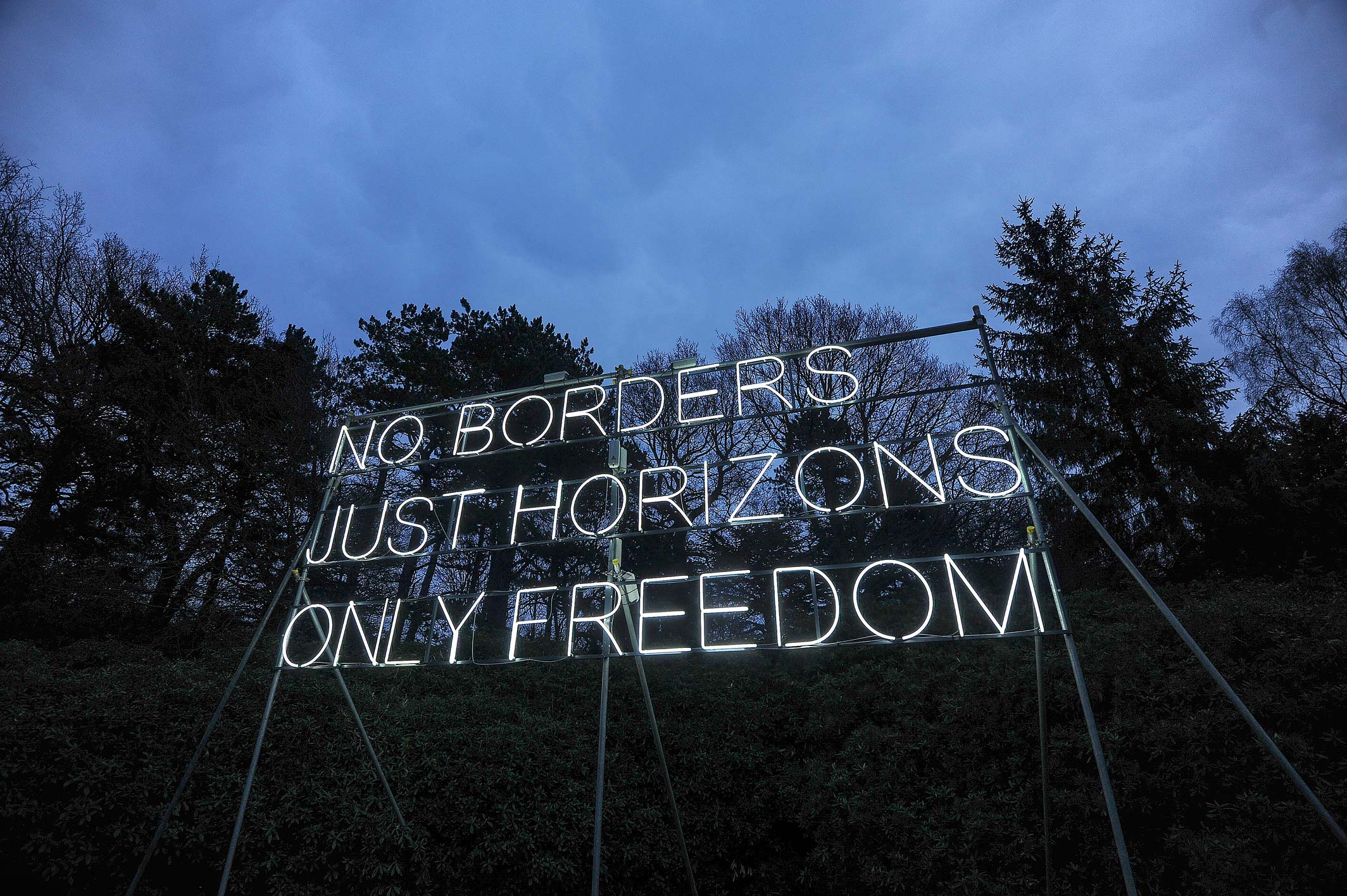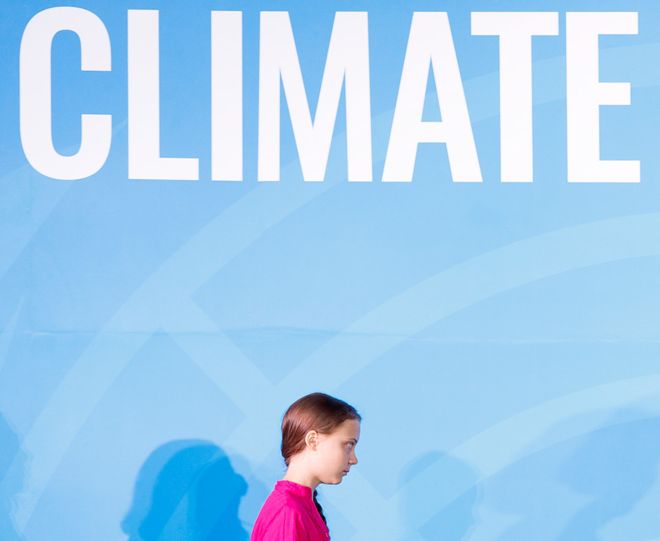The supposedly most ignorant places in the world have been named based on a survey of people’s knowledge about their own country.
The 2016 Index of Ignorance, produced by Ipsos MORI, includes information from 27250 interviews of people aged 16 to 64 carried out between September and November.
The survey consisted of people from 40 countries, with between 500 and 1,000 people surveyed in each.
Participants were asked a number of questions about their society, including their country’s population, healthcare spending, etc.. The survey also had a lot of focus on issues such as gay marriage opposition, opposition to abortion, and percentage of muslims living in respective countries.
More details on some of the questions asked can be seen in this slideshow.
Of course such a study isn’t a great way to measure how ignorant a country’s population really is overall. Similar studies based on scientific literacy, grammatical knowledge, mathematical ability, etc would need to be done to get a more complete picture.
A study like this can be impacted for example by how much propaganda is present in the country surveyed. But when taken with a grain of salt it still shows us that we have a great way to go before people can be considered well versed, even when it comes to their own country.
The list, from most to least ignorant, is as follows:
1 India
2 China
3 Taiwan
4 South Africa
5 US
6 Brazil
7 Thailand
8 Singapore
9 Turkey
10 Indonesia
11 Mexico
12 Canada
13 Montenegro
14 Russia
15 Serbia
16 Philippines
17 Hong Kong
18 Israel
19 Denmark
20 Argentina
21 France
22 Vietnam
23 Peru
24 Spain
25 Chile
26 Hungary
27 Japan
28 Belgium
29 Poland
30 Colombia
31 Sweden
32 Norway
33 Italy
34 Germany
35 Australia
36 Malaysia
37 Czech Republic
38 South Korea
39 Great Britain
40 Netherlands
“Across all 40 countries in the study, each population gets a lot wrong. We are often most incorrect on factors that are widely discussed in the media, such as the proportion of our population that are Muslims and wealth inequality. We know from previous studies that this is partly because we over-estimate what we worry about.
But in this new study we also show that we’re often unduly pessimistic about how happy people are and our tolerance on controversial issues such as homosexuality, sex before marriage and abortion. In many countries, particularly in the West, we have a picture of our population that is unduly miserable and intolerant. This is important: we know what people think of as the norm is important in affecting their own views and behaviours.
We also get facts wrong that will make us focus on some issues more than they perhaps deserve: for example, we tend to think our populations are much less likely to own their own home than they actually are. In many countries we have received the message loud and clear that pressure on housing and affordability are serious issues, but we’ve underestimated how many still own their home.
There are multiple reasons for these errors – from our struggle with simple maths and proportions, to media coverage of issues, to social psychology explanations of our mental shortcuts or biases. It is also clear from our “Index of Ignorance” that the countries who tend to do worst have relatively low internet penetrations: given this is an online survey, this will reflect the fact that this more middle-class and connected population think the rest of their countries are more like them than they really are.” -Bobby Duffy, Managing Director of Ipsos MORI Social Research Institute, London
Check the source for more information
Also check out our post on why you should be careful trusting statistical evidence.






